20-Second Key Takeaways
- Alzheimer’s gradually erodes memory, cognition and independence.
- Standard drugs may slow symptoms but carry risks.
- Lion’s Mane and Reishi are two of the most promising mushrooms for cognitive support.
- High-quality, properly dosed supplements plus lifestyle changes may offer safer, holistic support for your brain as you age.
Memory lapses aren’t just a sign of getting older. They can be a warning sign your brain needs help.
If you’ve ever walked into a room and forgotten why you’re there, or watched a loved one struggle to recall your name, you know how frightening memory loss can be.
Alzheimer’s disease slowly robs people of their memories, independence and dignity.
While there’s still no cure, research into natural approaches like functional mushrooms are offering hope.
TL;DR: Alzheimer’s disease affects memory, thinking and independence. Conventional drugs can help but often have side effects and limited effectiveness. Evidence shows Lion’s Mane and Reishi mushrooms may support brain-cell growth, fight inflammation and protect against age-related cognitive decline when used as part of a holistic plan.
Table of Contents
Alzheimer’s doesn’t just steal memories. It disrupts families, finances and futures. Understanding the disease early and exploring every safe, science-backed option gives you the best chance to slow its progression and protect the quality of you and your family's lives.
What is Alzheimer’s Disease?
Alzheimer’s Disease is described as a neurological disorder that impacts on a person’s ability to remember, think, and eventually their ability to be an independent adult. While most patients show signs of Alzheimer’s when they enter their late 60s, early-onset Alzheimer’s can start as early as 40 years.
Symptoms of Alzheimer’s Disease
According to the NHK, Alzheimer’s disease symptoms progress slowly over several years, and the rate of progress with each symptom varies for each person.
Alzheimer’s symptoms can be classified into three major groups:
| Stage | Common Signs |
|---|---|
| Early | Memory lapses, misplacing items, forgetting conversations, trouble finding words, mood swings. |
| Middle | Severe memory loss, confusion, disorientation, impulsive behaviour, hallucinations, sleep disturbances, language difficulties. |
| Late | Severe cognitive decline, distress for carers, aggression or suspicion, movement and eating problems, incontinence, need for full-time care. |
Common Alzheimer’s Disease Medication
Sadly there is no cure for Alzheimer’s disease yet, but there are many ways to reduce symptoms through medication. The goal of Alzheimer’s treatment is to provide patients with comfort, dignity, independence, and to make it easier for caregivers to assist them.
Some of the common medications used for Alzheimer’s are rivastigmine, galantamine, and donepezil. These drugs work as cholinesterase inhibitors that reduce the breakdown of acetylcholine, a brain chemical responsible for memory and cognition.
We typically have lower concentrations of acetylcholine as we age, but Alzheimer’s breaks them down faster.
There is another drug that specifically targets the underlying cause of Alzheimer’s called aducanumab.
Aducanumab is a human antibody that reduces amyloid plaques or brain lesions associated with Alzheimer’s disease. If treatment is successful, this would slow down the progress of the neurological disorder. This drug is still new and only intended for early and mid-stages.
Late-stage patients are also sometimes prescribed antipsychotics or other drugs to relieve distress or calm down aggression.
Conventional Alzheimer’s Treatments
As with conventional treatment for most diseases, prescription drugs can pose a high risk for side effects. Depending on what you’re prescribed, these are some of the symptoms to watch out for:
- Sleep disruption
- Bleeding
- Slow heart rate, which can cause fainting
- Confusion
- Agitation
- Constipation
Patients with conditions that pre-dispose them to having those side effects are barred from taking Alzheimer’s medications.
Other than side effects, prescription drugs also don’t always work or don’t have the expected impact on Alzheimer’s disease symptoms.
The Best Mushrooms for Alzheimer’s Disease
Due to the uncertainty and severity of side effects associated with traditional Alzheimer’s treatment, experts are turning their heads to alternative approaches that meet safety and efficacy.
One of them is through the healing powers of mushrooms, especially Lion’s Mane Mushroom and Reishi Mushroom.
Lion’s Mane mushroom

Possesses compounds that stimulate brain-cell growth: Hericenones and erinacines. These compounds were found to specifically fight against Alzheimer’s disease as well as other neurological conditions that cause memory loss in animal studies. [1]
Lion's Mane’s hericenones and erinacine content can also support neuron outgrowth. Increasing neuron production potentially slows or reverses age-related cell degeneration in conditions like Alzheimer's. [6]
The mushroom is also known to be anti-inflammatory, and Alzheimer’s can also be categorized as an inflammatory condition.
Studies suggest Lion’s Mane’s possesses natural anti-inflammatory properties that fight markers of Alzheimer’s like amyloid plaques. Amyloid plaques accumulate in the brain during Alzheimer’s disease. [5]
The mushroom’s extracts have also been cited to reduce symptoms of memory loss and prevent neuronal damage caused by amyloid plaques in animal studies. [5]
Reishi mushroom

Reishi is a source of powerful antioxidants and has been cited to reduce cell ageing.
In fact, reishi is credited to have the most anti-ageing effects of all medicinal mushrooms. Reishi extracts are also known to protect cellular DNA from oxidant damage, which can lead to early signs of aging and cancer. [2]
What about Alzheimer’s? Because Alzheimer’s is largely a cell-aging disease, experts suggest taking reishi can slow down its progress primarily by promoting neurogenesis.
Neurogenesis is a process necessary for maintaining brain functions like mood and cognition. Moreover, enhancing neurogenesis can help counteract neurodegeneration, which leads to Alzheimer’s disease. [7]
The contents found in Reishi can also limit the damage done by AGEs or advanced glycation end products. AGEs are proteins whose malfunction promotes aging and inflammation and contribute to Alzheimer’s risk. [8]
What to look out for when choosing a Mushroom Supplement
You should go for a Lion’s Mane supplement that uses both mycelium and fruiting body. This is important as Hericenones are found in the fruiting body, whereas Erinaceus is found in the mushroom's mycelium. These two compounds are responsible for the fungus’ cognitive health benefits. [1]
The Reishi supplement has to be a triterpene-rich extract. Make sure the lab report shows that the mushroom has been tested for the triterpene content. The Beta D Glucan content is also important.
One study noted how high cholesterol levels are a marker for Alzheimer’s, so taking reishi with high Beta D Glucans might help reduce risks. [3]
Dosage Recommendation
Typical Lion's Mane extract dosing ranges between 1g and 3g daily, depending on severity and individual response. For Alzheimer's Support, many start at 1g daily and adjust gradually.
Always follow product guidelines and consult with a healthcare professional.
Choosing the Right Mushroom Supplement
Quality matters with mushrooms.
✅ Look for extracts made from the fruiting body (not just mycelium)
✅ Verified beta-glucan content and third-party lab testing
✅ Avoid products with fillers or artificial additives
At Antioxi, we prioritize organic, lab-tested extracts to deliver consistent results.
👉Book a Free Consultation with Us.👈 Our team can help you determine the best approach for your needs.
Side Effects and Safety
Lion's mane should not be used by Asthmatic individuals.
If you have a mushroom allergy, you should not use these mushroom extracts. Caution is advised if using mushrooms along with blood thinning medication.
References
1. Lai PL, Naidu M, Sabaratnam V, Wong KH, David RP, Kuppusamy UR, Abdullah N, Malek SN. Neurotrophic properties of the Lion's mane medicinal mushroom, Hericium erinaceus (Higher Basidiomycetes) from Malaysia. Int J Med Mushrooms. 2013;15(6):539-54. doi: 10.1615/intjmedmushr.v15.i6.30. PMID: 24266378.
2. Wang J, Cao B, Zhao H, Feng J. Emerging Roles of Ganoderma Lucidum in Anti-Aging. Aging Dis. 2017 Dec 1;8(6):691-707. doi: 10.14336/AD.2017.0410. PMID: 29344411; PMCID: PMC5758346.
3. Rahman MA, Hossain S, Abdullah N, Aminudin N. Lingzhi or Reishi Medicinal Mushroom, Ganoderma lucidum (Agaricomycetes) Ameliorates Spatial Learning and Memory Deficits in Rats with Hypercholesterolemia and Alzheimer's Disease. Int J Med Mushrooms. 2020;22(1):93-103. doi: 10.1615/IntJMedMushrooms.2020033383. PMID: 32464001.
4. McCleary BV, Draga A. Measurement of β-Glucan in Mushrooms and Mycelial Products. J AOAC Int. 2016 Mar-Apr;99(2):364-73. doi: 10.5740/jaoacint.15-0289. Epub 2016 Mar 8. PMID: 26957216.
5. Tsai-Teng T, Chin-Chu C, Li-Ya L, Wan-Ping C, Chung-Kuang L, Chien-Chang S, Chi-Ying HF, Chien-Chih C, Shiao YJ. Erinacine A-enriched Hericium erinaceus mycelium ameliorates Alzheimer's disease-related pathologies in APPswe/PS1dE9 transgenic mice. J Biomed Sci. 2016 Jun 27;23(1):49. doi: 10.1186/s12929-016-0266-z. PMID: 27350344; PMCID: PMC4924315.
6. Lai PL, Naidu M, Sabaratnam V, Wong KH, David RP, Kuppusamy UR, Abdullah N, Malek SN. Neurotrophic properties of the Lion's mane medicinal mushroom, Hericium erinaceus (Higher Basidiomycetes) from Malaysia. Int J Med Mushrooms. 2013;15(6):539-54. doi: 10.1615/intjmedmushr.v15.i6.30. PMID: 24266378.
7. Huang S, Mao J, Ding K, Zhou Y, Zeng X, Yang W, Wang P, Zhao C, Yao J, Xia P, Pei G. Polysaccharides from Ganoderma lucidum Promote Cognitive Function and Neural Progenitor Proliferation in Mouse Model of Alzheimer's Disease. Stem Cell Reports. 2017 Jan 10;8(1):84-94. doi: 10.1016/j.stemcr.2016.12.007. PMID: 28076758; PMCID: PMC5233449.
8. Chen Y, Qiao J, Luo J, Wu F, Meng G, Chen H, Zheng H, Xu J. [Effects of Ganoderma lucidum polysaccharides on advanced glycation end products and receptor of aorta pectoralis in T2DM rats]. Zhongguo Zhong Yao Za Zhi. 2011 Mar;36(5):624-7. Chinese. PMID: 21657085.
Continue Exploring
Dive deeper into mushroom supplements for menopause wisdom with our expert blogs and FAQs, and shop Antioxi’s premium blends and extracts crafted for maximum safety & potency.


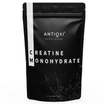
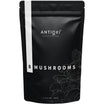
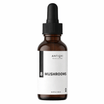
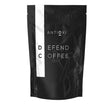
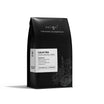
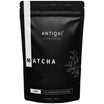
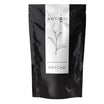
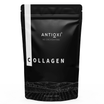
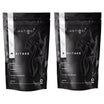

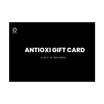
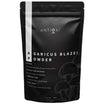
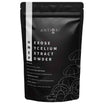
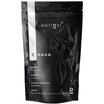
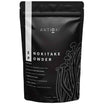
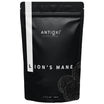
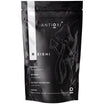
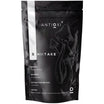
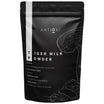
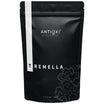
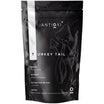
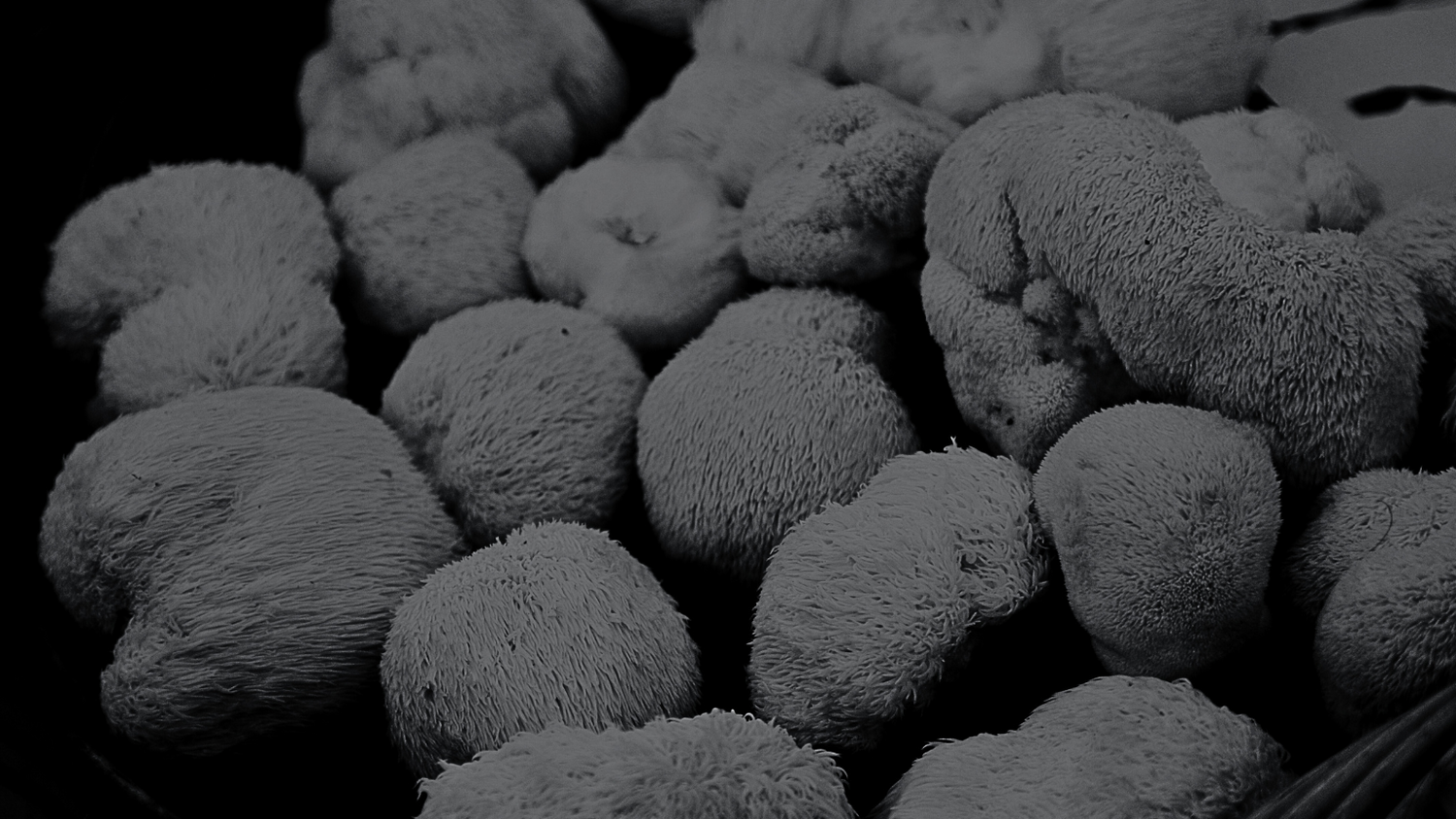
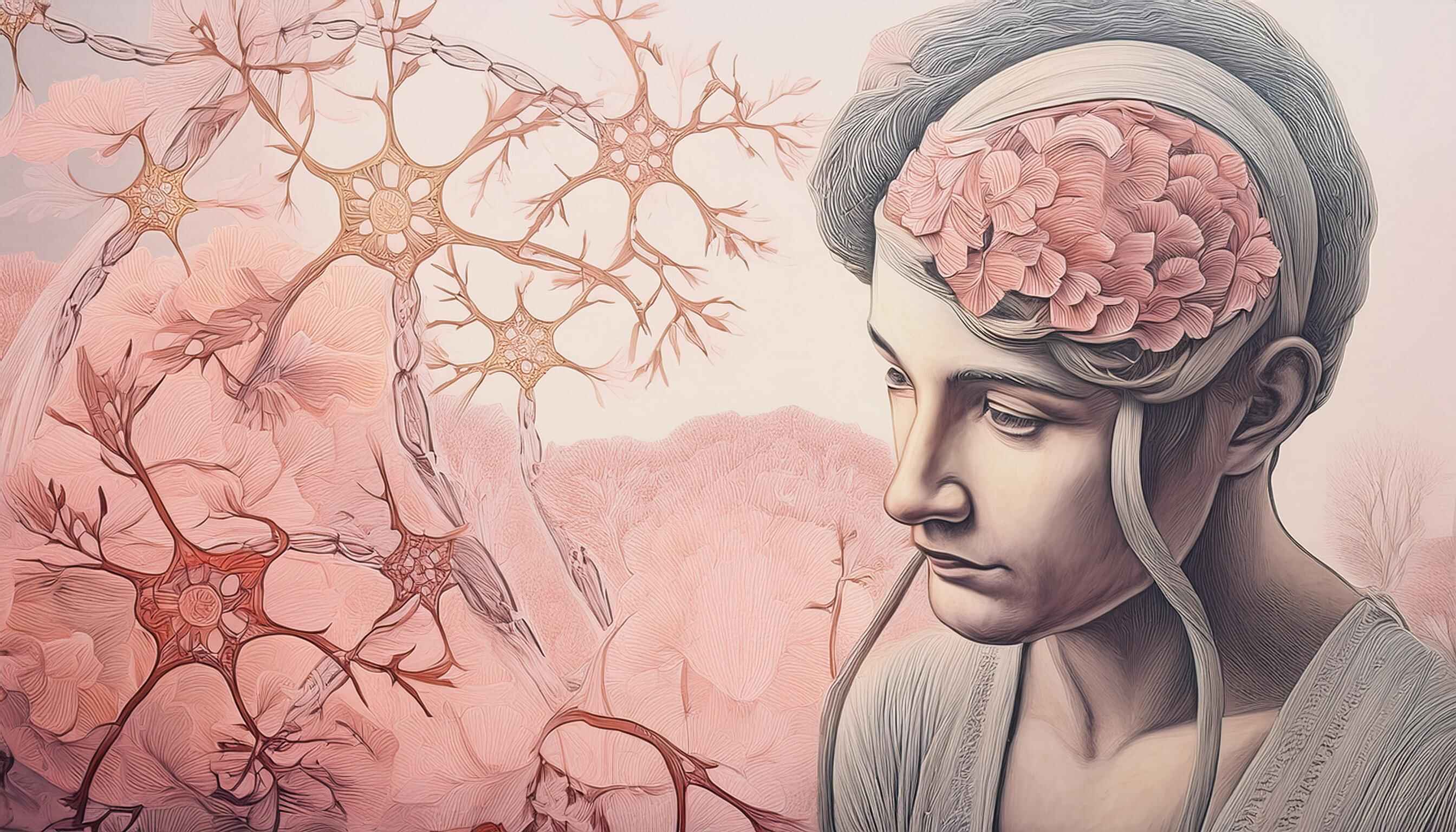

Leave a comment
All comments are moderated before being published.
This site is protected by hCaptcha and the hCaptcha Privacy Policy and Terms of Service apply.